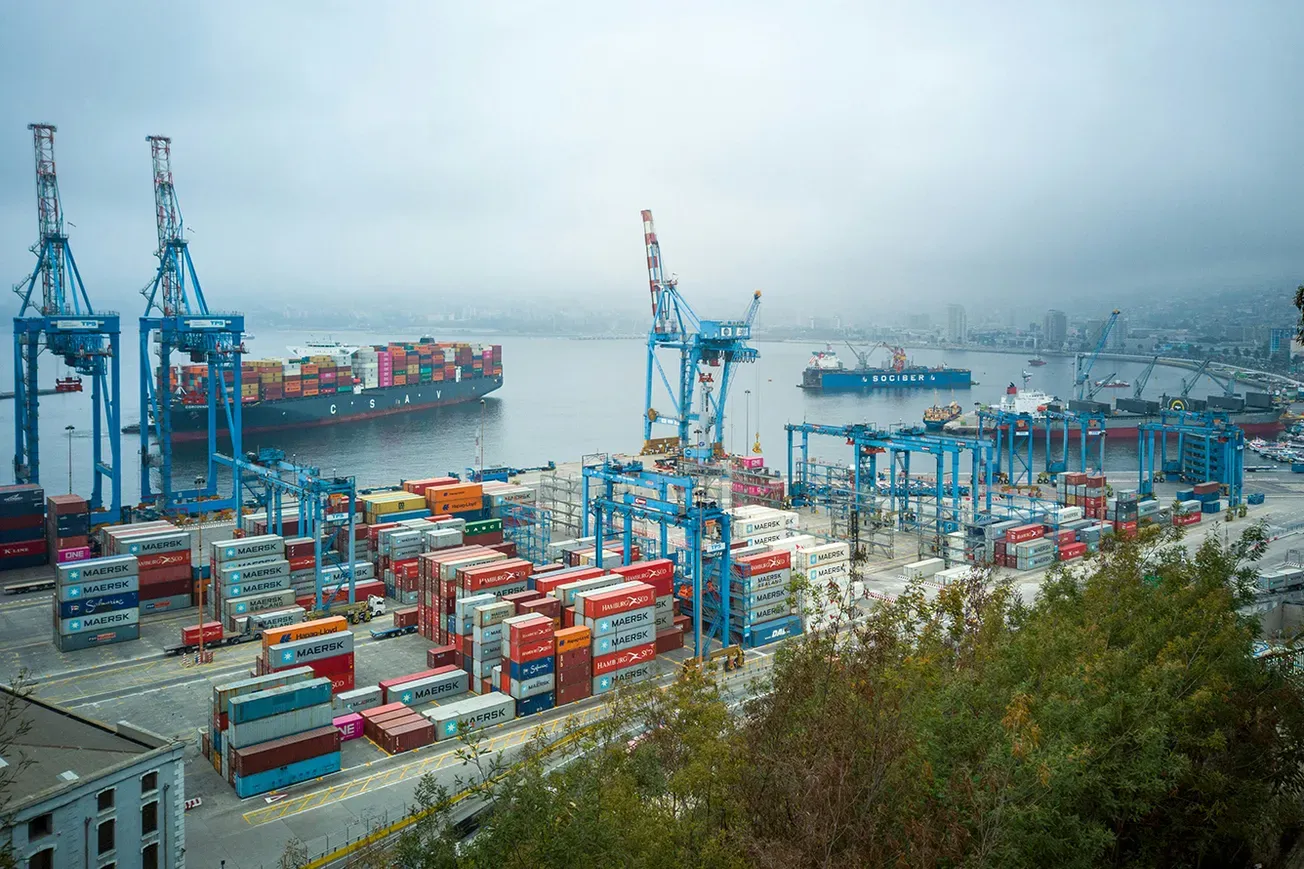WASHINGTON — The U.S. retail industry faces a significant disruption as a labor strike halts operations at all East and Gulf Coast container ports. The strike, initiated following the expiration of a six-year contract between the International Longshoremen’s Association (ILA) and the United States Maritime Alliance (USMX), threatens to derail the nation’s fragile economic recovery, according to the National Retail Federation (NRF).
NRF President and CEO Matthew Shay called for federal intervention, urging President Biden to utilize "any and all available authority" — including the invocation of the Taft-Hartley Act — to restore operations and bring the parties back to the negotiating table.
"This strike will have devastating consequences for American workers, their families, and local communities," Shay said in a statement. "After more than two years of runaway inflationary pressures and in the midst of recovery from Hurricane Helene, this strike will result in further hardship for American families."
The strike comes at a critical time for U.S. retailers, who have been navigating turbulent economic conditions for the past two years. With inflation still posing challenges and recovery efforts ongoing after Hurricane Helene, any significant disruption to supply chains could have far-reaching effects. According to Shay, the strike could exacerbate already strained supply lines, potentially leading to higher prices, product shortages, and delays during the pivotal holiday shopping season.
NRF has been vocal in its efforts to prevent such a scenario. Over the past year, the organization has led multiple coalitions, advocating for an expedited resolution between the ILA and USMX. In June, the NRF spearheaded a letter signed by 158 trade associations, urging the Biden administration to get involved. The letter emphasized the need for "supply chain resiliency" and warned that a strike could have catastrophic effects on the retail sector, which is heavily reliant on timely imports of goods.
Last month, the NRF issued yet another plea to both the ILA and USMX to return to negotiations. Despite these efforts, the deadlock continues, leaving retailers bracing for potential inventory shortages at a time when supply chains should be moving swiftly to prepare for the upcoming holiday rush.
Shay said NRF is ready to work with the federal government and all stakeholders to resolve the issue and prevent further economic fallout. “It is essential that the ILA and USMX immediately resume negotiations with the intention of finalizing a new master contract without further disruptions and put an end to this stalemate,” he said.
With the strike now underway, the NRF has doubled down on its call for urgent action. The federation represents a significant portion of the U.S. economy, and its members are among the hardest hit by port disruptions. Importers are already feeling the strain as goods sit idle at ports, unable to be moved inland.
As supply chain vulnerabilities once again emerge, the NRF and other trade groups will continue pressing for long-term solutions that ensure greater supply chain resilience. For now, however, the focus remains on resolving the strike and keeping goods flowing to retailers, particularly as the critical holiday shopping season looms.
"The administration must prioritize our economy — and the millions of Americans who depend on it for their livelihood and well-being — and intervene immediately to prevent further hardship and deeper economic consequences," Shay said.
As the strike drags on, retailers say the ripple effects will likely be felt across industries, from manufacturing to retail, with American consumers ultimately paying the price.








